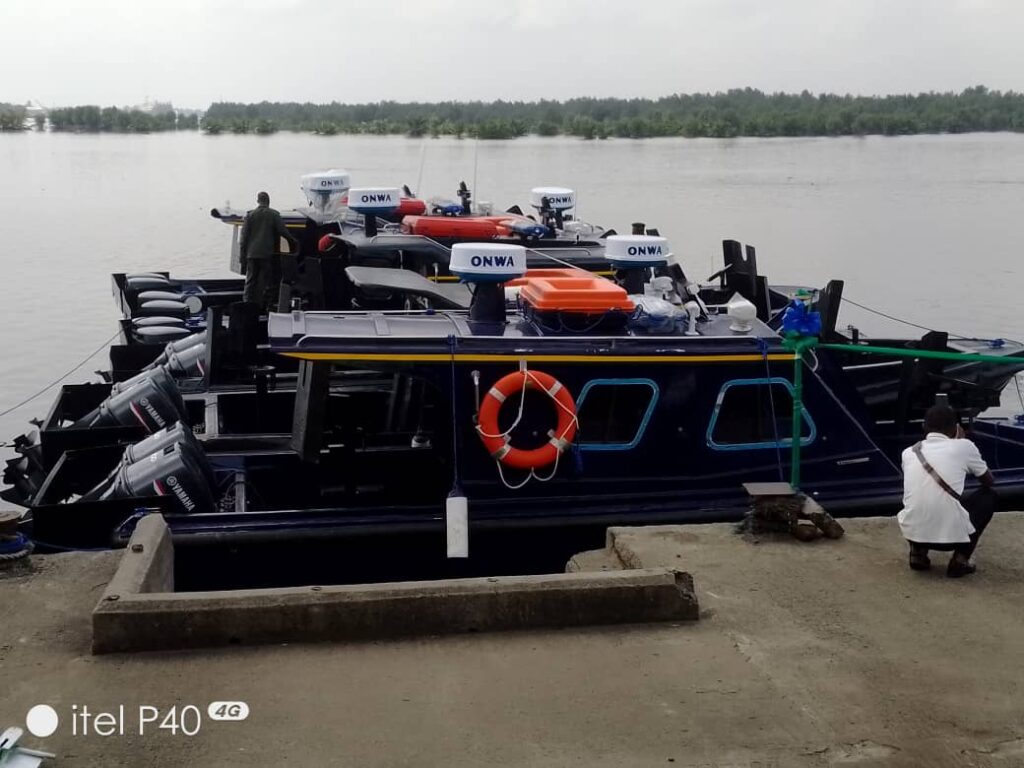The United States military has for the first time carried out strikes on boats in the Pacific Ocean off South America, escalating its campaign against what it claims are drug-trafficking operations.
According to Defence Secretary Pete Hegseth, two boats were destroyed on Tuesday night and early Wednesday, leaving five people dead. The attacks follow at least seven similar strikes in the Caribbean in recent weeks, which have killed more than 30 people and heightened tensions with Colombia and Venezuela.
Hegseth released a short video of Tuesday’s strike, showing a small vessel laden with brown packages before it was hit and engulfed in flames. In a social media post, he compared the alleged traffickers to the perpetrators of the 11 September 2001 attacks, declaring: “Just as al-Qaida waged war on our homeland, these cartels are waging war on our border and our people. There will be no refuge or forgiveness, only justice.”
Colombian president Gustavo Petro condemned the latest strike, calling it “murder” and accusing Washington of violating international law. “Whether in the Caribbean or Pacific, the US government strategy breaks the norms of international law,” he said.
Venezuela remains a major transit hub for narcotics, though experts note that the eastern Pacific, rather than the Caribbean, is the principal route for cocaine smuggling. The reasons for the expansion of the US campaign into the Pacific have not been clarified. The White House declined to comment further.
President Donald Trump first announced the use of such strikes on 3 September, releasing footage of an attack on a boat. Since then, the administration has confirmed further operations but has provided few details beyond casualty figures and claims that the vessels were carrying narcotics. Civil liberties groups and several South American governments have condemned the campaign.
Reports this week revealed that the Central Intelligence Agency has been supplying most of the intelligence for the strikes. Analysts say this reliance on the CIA means much of the evidence used to select targets is unlikely to be made public. Trump confirmed last week that he had authorised covert CIA activity in Venezuela, though he did not specify its scope.
The administration has sought to justify the strikes by designating groups such as Tren de Aragua as foreign terrorist organisations (FTOs). Legal experts, however, argue that such designations do not automatically grant authority for the use of lethal force. Officials have also invoked the president’s Article Two powers, claiming the strikes are acts of self-defence.
The White House has alleged that Tren de Aragua has infiltrated the government of Venezuelan president Nicolás Maduro, framing the group’s presence in the United States as a “predatory incursion” by a foreign power. This argument has also been used to defend the deportation of Venezuelan nationals under the Alien Enemies Act. Yet no concrete evidence has been presented to substantiate claims of direct ties between the cartel and the Maduro regime.
The operations have been overseen by Stephen Miller, Trump’s deputy chief of staff, and Tony Salisbury, his senior aide on the Homeland Security Council (HSC). Earlier this year Miller restructured the HSC to operate independently of the National Security Council, a departure from previous administrations.
In one case, a Venezuelan boat destroyed on 15 September had been identified as a target by the Pentagon several days in advance, but senior White House officials were only informed hours before the strike was carried out.
The widening campaign has deepened regional unease and raised questions over the legality of Washington’s strategy, which critics say risks destabilising relations with South America.



